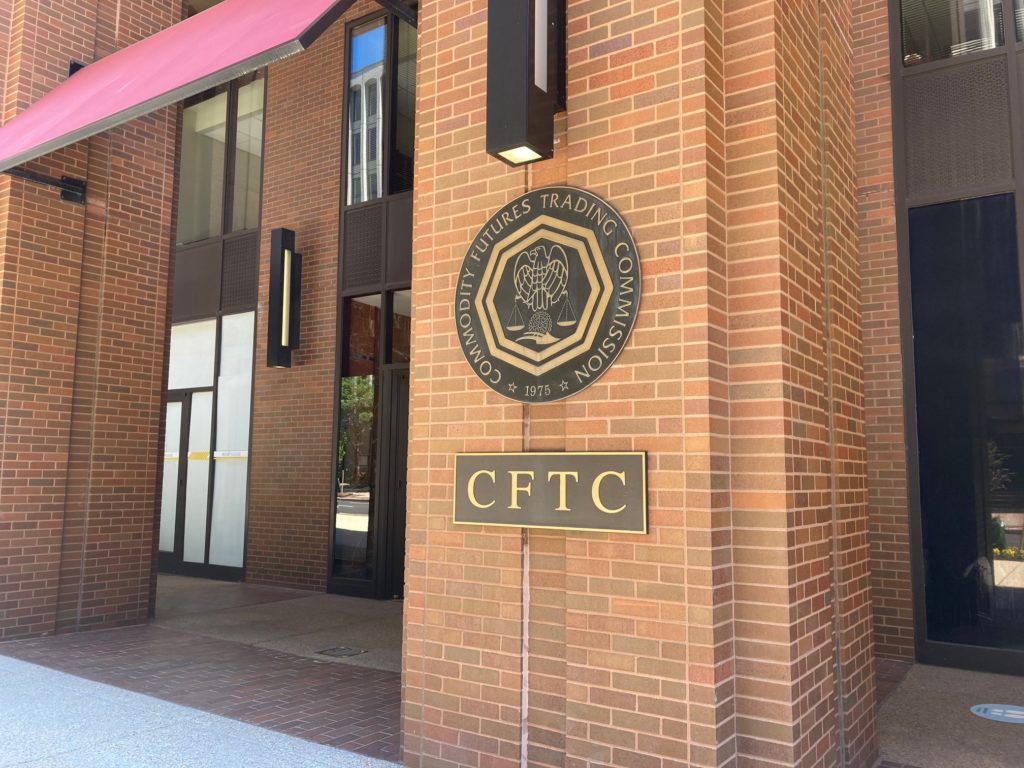On October 29, the U.S. Commodity Futures Trading Commission (CFTC) Whistleblower Program released its annual report to Congress. The report details the whistleblower tips received by the agency and the whistleblower awards paid out through the program during the 2021 fiscal year, which ran from October 1, 2020 through September 30, 2021.
During the 2021 fiscal year, the CFTC Whistleblower Program issued 65 Final Orders addressing 74 whistleblower award applications. The agency granted 6 separate whistleblower awards totaling over $3 million. The other Final Orders were award denials because the applicants did not qualify for awards.
Through the CFTC Whistleblower Program, qualified whistleblowers are entitled to a monetary award of 10-30% of funds recovered by the government when the sanctions that the government recovers exceed $1 million.
The report notes that multiple award recipients first reported their disclosures to other authorities such as the U.S. Securities and Exchange Commission (SEC). According to the report, “these awards highlight an important feature of the Whistleblower Program, which is that a whistleblower may qualify for an award for reporting information first to another government authority or regulatory body… before reporting information to the CFTC.”
From the CFTC Whistleblower Program’s inception through the end of the 2021 fiscal year, the program issued whistleblower awards totaling more than $123 million. This total has grown immensely in the 2022 fiscal year because on October 21, the CFTC issued the largest whistleblower award ever: a $200 million award.
During the 2021 fiscal year, the CFTC received 961 official whistleblower tips. While this figure is slightly down from the 2020 fiscal year (when the agency received a record 1030 tips), it is still much higher than other previous years. According to the report, the tips the agency received related to “activities including but not limited to insider trading, position limit violations, reporting violations, false statements to the government, failure to supervise, recordkeeping violations, registration violations, illegal swap dealer business conduct, wash trading, solicitation fraud, misappropriation, various other types of fraud, use of deceptive or manipulative devices in trading, spoofing, and other forms of disruptive trading or market manipulation.”
The report also details the Whistleblower Program’s outreach efforts during the 2021 fiscal year. According to the report, CFTC Whistleblower Office staff “virtually presented at 5 public events attended by members of the global futures, options, and cleared swaps industry; corporate counsel; the whistleblower bar; and potential whistleblowers—with the aims of raising the profile of the program and enhancing those stakeholders’ understanding of the program. The number of public events attended is down from prior years because the COVID19 (coronavirus) pandemic limited the office’s outreach efforts.”
Lastly, the report details the CFTC’s Customer Protection Fund (CPF) which funds the agency’s whistleblower awards and the functions of the Whistleblower Office. The CPF attracted a lot of attention during the 2021 fiscal year because of the financial crisis the Whistleblower Program faced. Due to a cap on the CPF, a large whistleblower award (like the $200 million award issued in October) would have depleted the CPF, leaving the Whistleblower Office unable to function. After months of pressure from whistleblower advocates, President Biden signed the CFTC Fund Management Act into law on July 6, 2021. The Act provided a temporary fix to the funding crisis by separating some money from the CPF to be used exclusively to fund the Whistleblower Office. Thus, a large award will not shut down the office.
Read:
